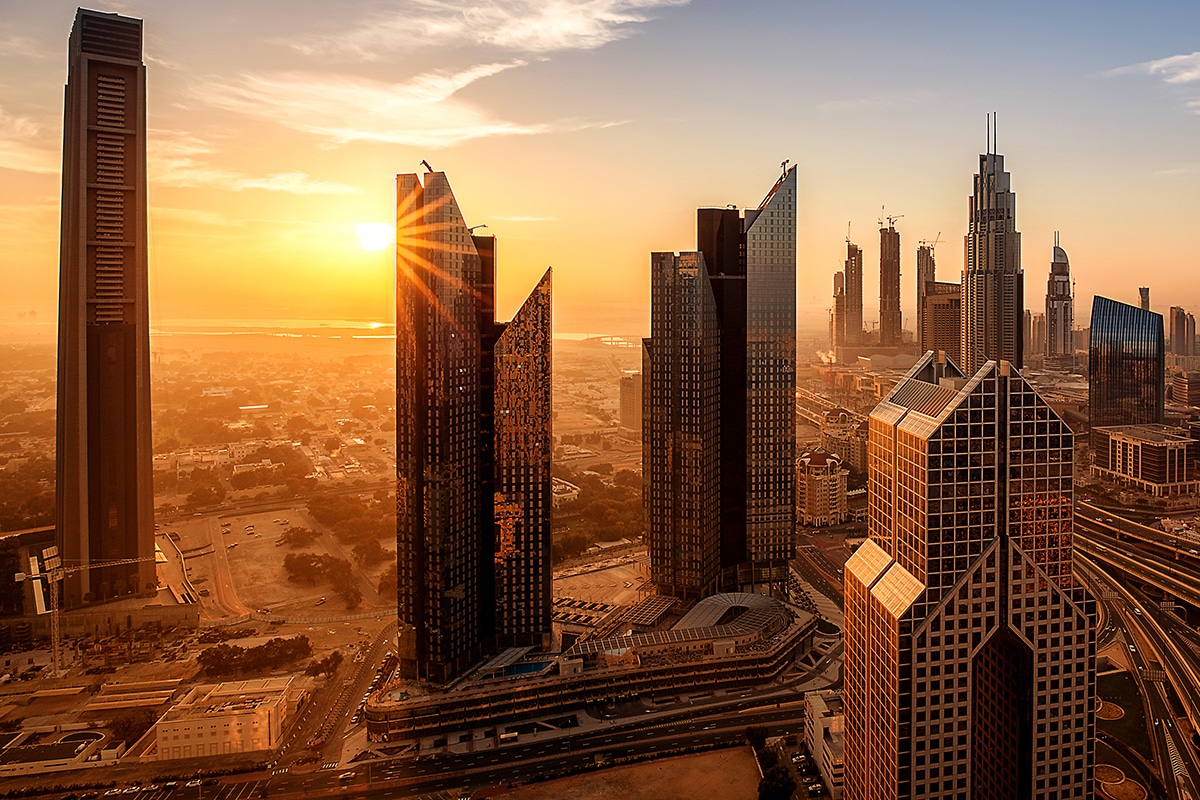The profile of property buyers in Dubai is seeing a major shift, with a greater proportion of end-users entering the market, particularly in the mid-to-high-end residential segment, sector experts said.
Besides, domestic buyers are also increasing their market share, as more UAE-based residents transition from renting to homeownership, driven by rising rental costs and favourable mortgage conditions.
While international investors still remain dominant in Dubai’s residential real estate market, their focus is increasingly shifting toward off-plan developments in prime locations, where structured payment plans, and capital appreciation potential remain attractive, industry players said.
“End-users are now playing a more prominent role, particularly in the mid-to-prime residential segment, where mortgage accessibility and lifestyle-driven purchases are shaping demand,” Farooq Syed, CEO of Springfield Properties, a leading Dubai-based real estate services company, told Arabian Business.
“Dubai’s buyer profile is evolving, with a greater mix of international and resident investors engaging in long-term acquisitions,” he said.
Senior executives at some of the city-based proptechs and real estate brokerages said the age demographics of property buyers in Dubai are seeing major changes of late, with a younger pool of buyers entering the market in a significant way.
They are leveraging mortgage financing to secure long-term assets, they said.
This shift is also seen as a reflection of a more structured and long-term investment approach, reinforcing the market’s stability, rather than speculative buying patterns.
Dubai real estate surges
Industry insiders said early indicators from February suggest that transaction activity remains on an upward trajectory, particularly in off-plan sales, with key districts such as Jumeirah Village Circle (JVC) and Business Bay seen maintaining strong absorption rates.
The market outlook for H1 2025 also remains positive, bolstered by new freehold expansions, infrastructure investment, and a robust development pipeline, they said.
“The current uptick in demand, especially the surging end-user demand, reflect a shift toward long-term real estate commitments over short-term speculation,” a senior executive with a city-based proptech said.
“Mid-to-high-income professionals in the 30–45 age group are making up a larger share of buyers in the end-user demand,” said the senior executive, who sought anonymity as he was not authorised to speak to the media.
The Springfield chief executive said the Dubai residential real estate market, of late, is becoming more balanced between end-users and investors, with residents now playing a larger role in shaping demand, particularly in mortgage-backed purchases.
“Developers are fast adapting to the emerging trend by launching projects that cater to both segments, ensuring sustainable absorption rates,” he said.
Syed also said Dubai’s real estate sector has maintained strong momentum into 2025, driven by high investor confidence, off-plan sales, and continued regulatory enhancements.
“Investor demand for Dubai’s real estate remains strong, with off-plan transactions continuing to dominate the market,” he said, citing the transaction data from their own agency, as well as the general market statistics.
The Dubai property market is estimated to have seen transaction values reaching AED 35.2 billion in January, marking close to a 23 per cent year-on-year increase compared to the same year-ago period.
Significantly, the off-plan segment is estimated to have accounted for 57 per cent of all transactions in the beginning month of 2025, with 7,381 deals valued at AED 15.1 billion. The secondary market recorded 5,662 transactions, totalling AED 20.1 billion.
Industry players said developers are introducing new projects in high-demand areas to sustain supply.

Rising demand for Dubai homes
Sector experts said despite the rise in demand for domestic buyers, international buyers still remain the dominant in Dubai’s property market, pushing up demand in the mid and high-end segments.
They said Indians, British, Chinese and GCC buyers are among the major international buyers.
The Springfield Properties’ chief executive, however, said of late the market is seeing a significant increase in demand from UAE-based residents as well.
“More and more UAE residents are transitioning from renting to homeownership, influenced by rising rental prices and competitive mortgage rates,” he said.
Syed said Dubai’s buyer profile is evolving, with a greater mix of international and resident investors engaging in long-term acquisitions.
“The high rate of absorption of off-plan projects highlights sustained demand from both end-users and investors, while limited secondary market availability is driving price appreciation,” he said.
Industry insiders said the ongoing demand for prime residential assets is driving developers to fast-track project launches, ensuring a steady pipeline to meet investor expectations.
With transaction volumes maintaining an upward trajectory, Dubai remains a top global real estate investment destination, offering stability, liquidity, and high-value opportunities across multiple asset classes, they said.





